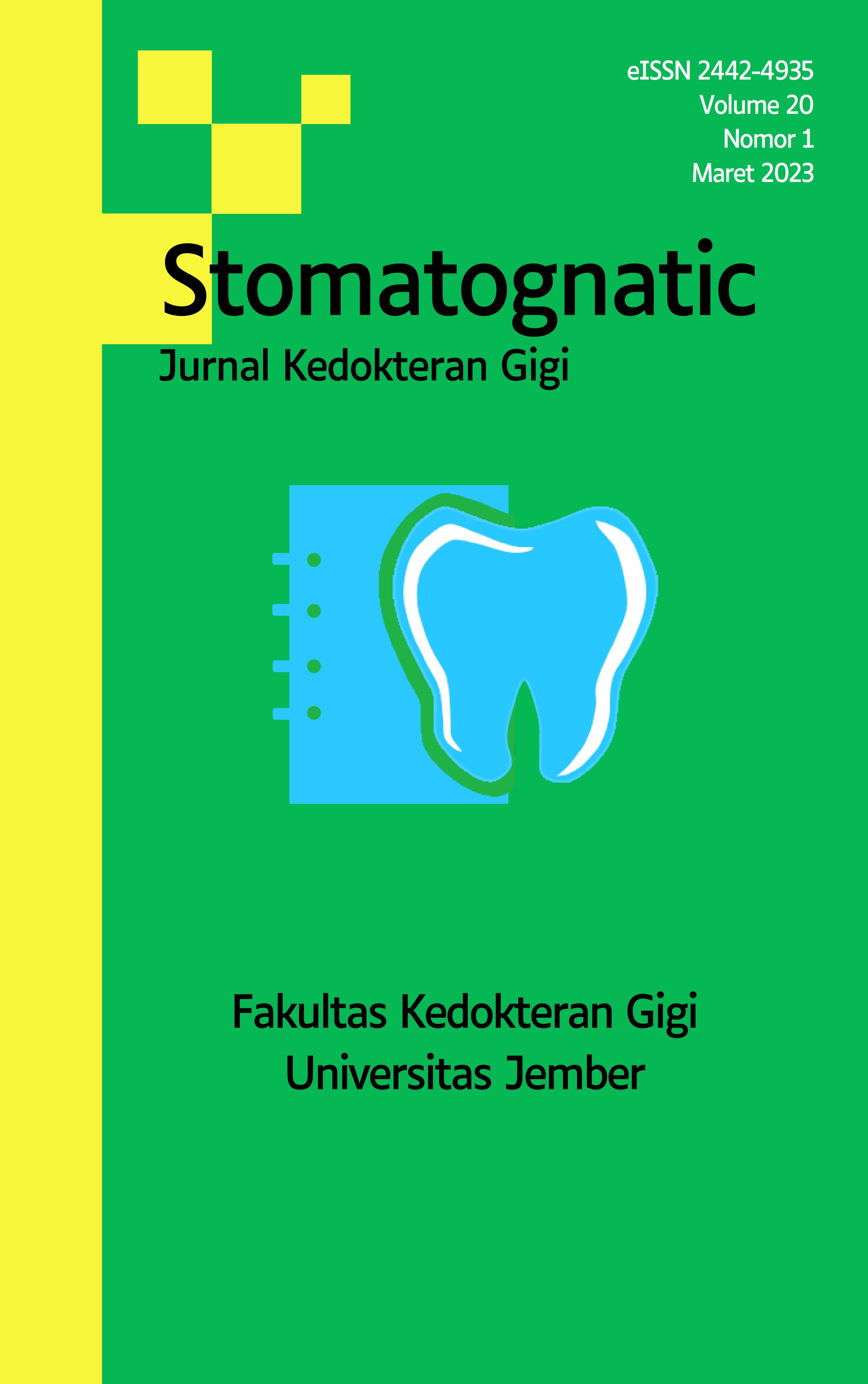Telaah Artikel: Implementasi Sistem Pembayaran Kapitasi pada Jaminan Kesehatan Nasional sebagai Strategi dalam Mengatasi Kesenjangan Pelayanan Kesehatan
DOI:
https://doi.org/10.19184/stoma.v20i1.38596Keywords:
capitation, health services, national health insuranceAbstract
National Health Insurance program changed the pattern of health financing in Indonesia from fee to service system to capitation system. The capitation system is expected to reduce the risk of the community's own health costs and overcome inequalities of health services. The purpose of this literature review is to analyze the implementation of capitation payment system in overcoming health services problems. Although the implementation of NHI in Indonesia helps to equalize health services, there are quite number of problems in implementing NHI with the capitation system, among others, not all of the population is covered as participants, inequality of health facilities, varied quality of health services, health human resources, and management of capitation funds, monitoring, non-optimal referral systems, and varied geographic conditions had potential for widening health inequalities between community groups. Public health services should not only focus on treating individuals who are sick, but can do more important things such as making efforts to prevent and improve health. The capitation payment system is the most effective system for solving health services problems even though its implementation still not optimal and there are several shortcomings that can be fixed.







